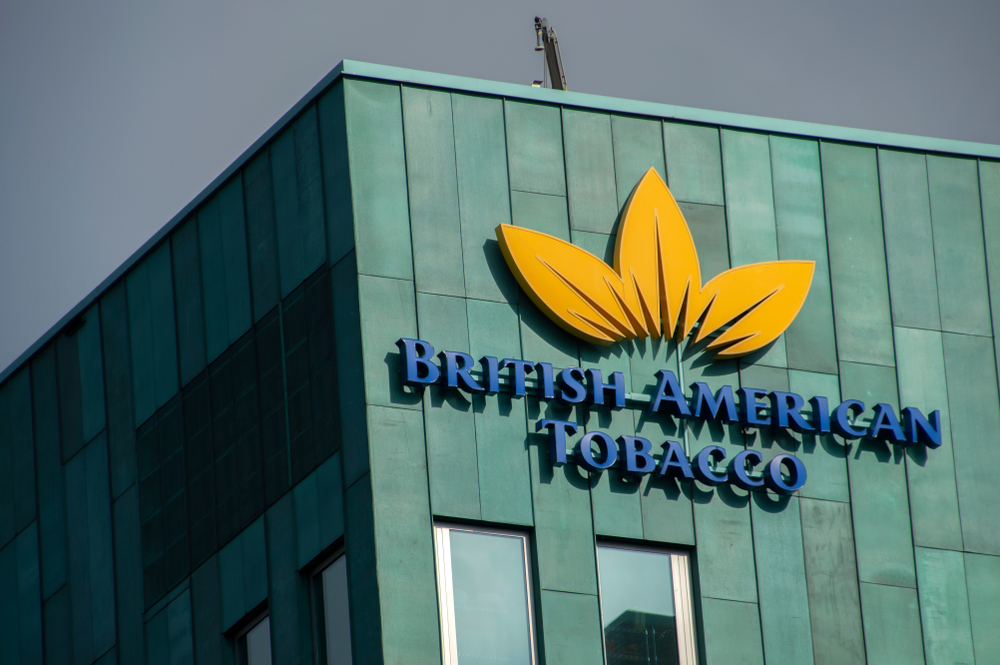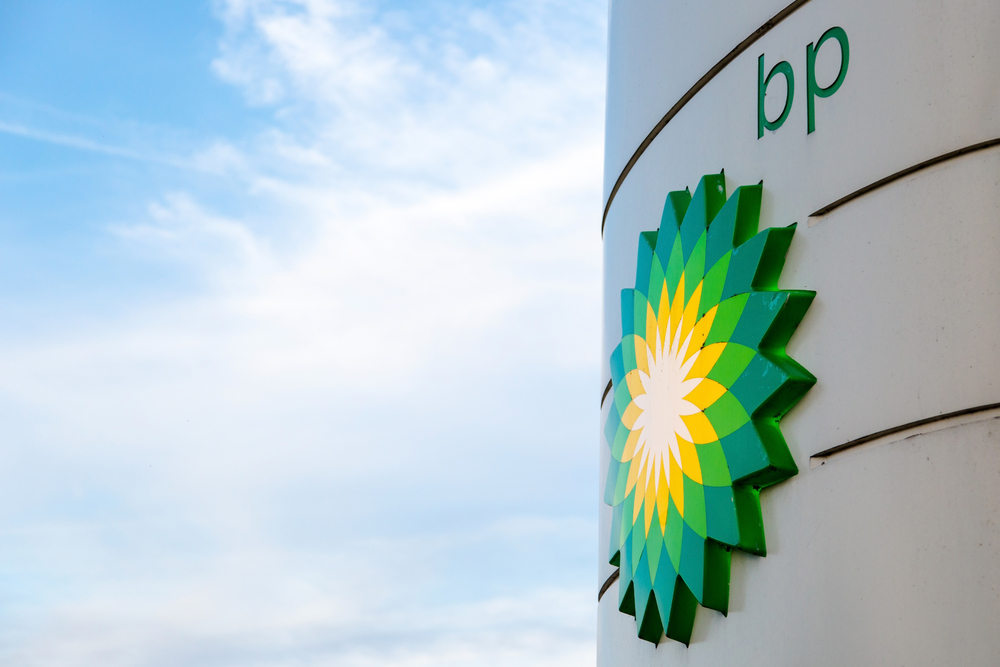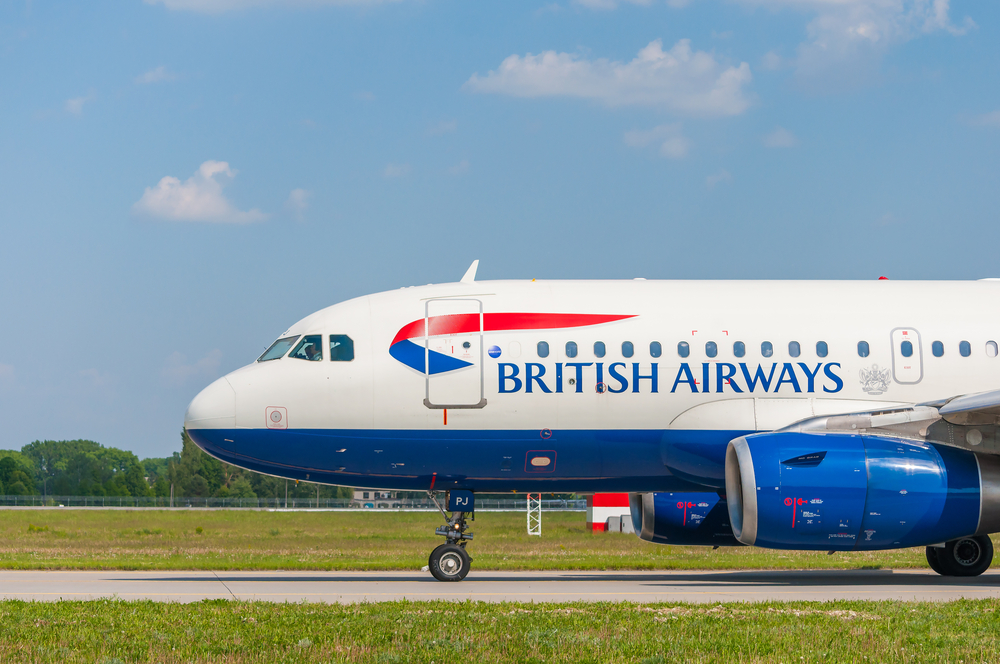Glencore, Legal and General, British American Tobacco, BP, and IAG could constitute the best FTSE 100 stocks to watch next week.
The FTSE 100 struck a record high this week, pushing above the symbolic 8,000-point high watermark for the first time ever. This performance tops an exceptional 2022, where the UK’s premier index outperformed virtually every other international peer, rising by 1% while many others declined into a bear market.
People living in the UK may be feeling perplexed — multiple dire economic warnings alongside a disastrous cost-of-living crisis are leaving much of the population in financial purgatory. However, while FTSE 100 companies are London-listed, they don’t rely too much on the country’s economic situation. By comparison, FTSE 250 businesses which are far more domestically focused fell by nearly 20% last year.
So, what’s driving the FTSE 100’s record growth? There are five primary factors, though there are also several esoteric elements that go beyond the scope of light weekend reading.
And these factors feed into what could be the five best FTSE 100 stocks to buy next week.
Best FTSE 100 stocks

1. Glencore (LON: GLEN)
First, and possibly most importantly, FTSE Russell data shows that the 100 largest UK-listed companies derive circa 82% of their income from overseas. This means that the likes of international giants like HSBC or AstraZeneca are reliant on the global economy, which while admittedly not in the prime of life, is doing far better than the UK, especially as wholesale energy costs fall sparking hopes that inflation has peaked.
Further, these earnings are usually earnt in US dollars — and because sterling has depreciated against the global currency over this past year, these earnings become inflated when converted back into pounds.
Glencore is a globally significant miner benefitting from the mining supercycle. FY22 saw GLEN make record pre-tax profits of £28.2 billion as coal and oil prices rocketed. Despite a myriad of scandals, the FTSE 100 company is promising to pay out £5.9 billion to shareholders. And unlike other miners on the index, it’s heavily invested in battery metals mining, making its future profits to some extent future-proof.
A severe global recession causing demand destruction, continued legal problems, and an overreliance on Chinese demand remain key risk factors in 2023.
2. Legal & General (LON: LGEN)
Second, the FTSE 100 has a strong reputation as the home of aristocratic dividend companies, which is attractive to investors looking for passive income, and a place to batten down the hatches as growth stocks take a hammering.
For context, FTSE 100 companies only rose by 1% last year because they paid out £79.1 billion in dividends and £50 billion in share buybacks. These are typically fully mature companies that do not need to invest in growth. In fact, Schroders analysis shows that between 1999 and 2019 the index increased by an average of 0.4% per annum, but returned a total of 122% over the vicennial when dividend returns are factored in.
While there are higher dividends available on the FTSE 100, Legal & General is rare in that it sets out dividend plans in advance — and expects to grow its dividend at low-to-mid single digits in percentage terms until 2025, with the yield currently at a very respectable 9.2%.
Cumulative dividends are expected to reach between £5.6 billion and £5.9 billion by 2024, and LGEN seems likely to deliver on this ambition, with a financially secure Solvency II capital ratio of between 225% and 230%. And with 10 million customers, the well-known brand is likely to experience growth in the longer term as ageing populations seek out its pensions and annuities products.
The sector is ultra-competitive, but LGEN has stood the test of time: there’s a reason it’s consistently one of the most popular FTSE 100 dividend stocks on the UK market.

3. British American Tobacco (LON: BATS)
Third, the FTSE 100 is dominated by oil, banking, tobacco, and mining stocks which account for a huge proportion of its total market value. The in joke among UK investors is that the UK’s best offering is a ‘dinosaur’ index, with companies focused on sectors that have remained relevant for centuries.
But what’s not a joke is their defensive qualities which is a primary reason for the consistent dividends. And these dividends could well increase further as oil prices remain historically elevated, net interest margins rise, and the mining supercycle continues.
For context, the NASDAQ 100 is the polar opposite, filled with the tech titans that make all the headlines — including Apple, Alphabet, Amazon, Microsoft, Meta, and Tesla — which rocketed in value during the days of ultraloose monetary policy and are now akin to a forest of overlarge houseplants on restricted water rations.
Of course, British American Tobacco is experimenting with — and promoting — new tech such as vaping, but the reality is that it makes its money from cigarettes. And smokers are addicted to nicotine, forgoing food for cigarettes if need be. A 7% dividend yield is made possible by FY22 revenue, which rose by 7.7% year-over-year to £27.7 billion.
There are ethical concerns, and the key risk is stronger clampdowns on its products, particularly in the US.

4. BP (LON: BP)
Fourth, it may not have escaped your notice that energy bills are a little higher than was the case in the past. Despite falling from previous highs, Brent Crude is still trading for around $83/barrel — and buoyant hydrocarbons prices induced by the pandemic reopening and intensified by the Ukraine War are significantly increasing the profits of the two FTSE 100 oil majors, BP and Shell.
Both companies have seen serious share price increases over the past year, and both generated record profits in FY22 — Shell to the tune of $40 billion, and BP $28 billion. Moreover, UK windfall taxes are something of a non-issue — combined taxes on UK profits are already at 75%, and neither company generates more than 10% of its revenue in the North Sea.
BP shares probably now have more room to grow than Shell, which currently ranks with AstraZeneca as the two most valuable companies on the index. UBS has a 630p target on the major, representing an upside on the current 564p share price.
As a caveat, Brent went negative for the first time in 2020. Peace in Ukraine, a return to lockdowns in China, a severe global downturn, or 1980s-style demand destruction are all in play.

5. IAG (LON: IAG)
Fifth, while most FTSE 100 companies are non-reliant on the UK’s economy, it is fair to say that things are looking up compared to only a few months ago. The disaster of the Truss-Kwarteng mini-budget is in the rear mirror, annual domestic energy bills will not hit the previously anticipated £7,000, and the bank rate is expected to increase to less than 5% as economists think inflation has peaked. Further, the Bank of England has reduced its recession forecast to just one year, down from two — though its divided MPC and poor forecasting track record leaves a lot to be desired.
Of course, inflation remains in the double-digits, it seems as though every sector is on strike, and the lagging effect of higher interest rates on consumer credit and mortgages could cause serious damage to consumer confidence through 2023. OECD data shows that UK investment remains below its 2016 level, and the IMF thinks that the country will fare worse economically than any other developed country in 2023. Then there’s the highest tax burden since Suez — maybe not so positive after all.
However, it’s sunshine and roses for IAG shares, which have risen by 30% year-to-date to 167p. With full-year results due on 24 February, investors have looked to FTSE 250 competitor easyJet for inspiration, which up 53% year-to-date, has performed even better.
The rival’s Q1 results saw revenue increase by 83% to £1.47 billion as pent-up travel demand was finally unleashed. The company expects to swing to profit for its full financial year, and both are now enjoying the opportunity to fight for further market share comprising Monarch and Thomas Cook’s former clientele.
Like always, there are risks. Interest rates are rising, and the company took on substantial debt to keep afloat during the pandemic. Fuel costs are likewise sky-high (forgive the pun), and if the recession is deeper than expected, scarring could be damaging.
But as much as investors might wish it, even the FTSE 100 is not risk free.
This article has been prepared for information purposes only by Charles Archer. It does not constitute advice, and no party accepts any liability for either accuracy or for investing decisions made using the information provided.
Further, it is not intended for distribution to, or use by, any person in any country or jurisdiction where such distribution or use would be contrary to local law or regulation.
